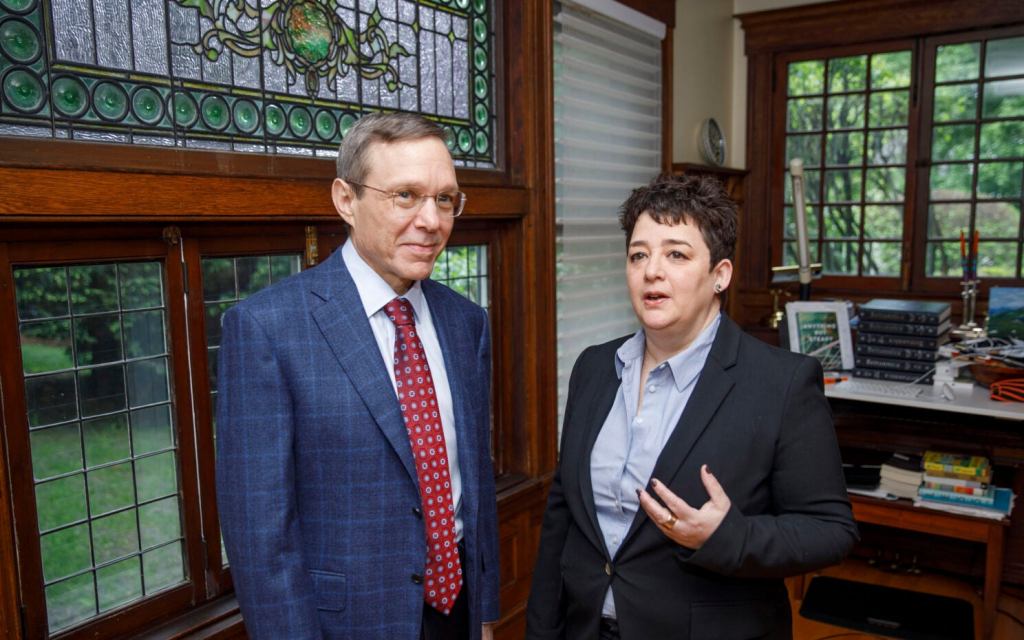Science & Tech
-

Can a chatbot be a co-author?
Physicists take souped-up ChatGPT out for a spin, return home with significant discovery

-

Preserving learning in the age of AI shortcuts
In podcast, teachers talk about how they’re using technology to supercharge critical thinking rather than replace it
-

A ‘cocktail’ recipe for brain cells
Stem cell biologists discover how to regenerate type damaged in ALS, spinal cord injuries

-

When you do the math, humans still rule
Harvard’s Lauren Williams, a MacArthur ‘genius,’ joins international effort to challenge notions of AI supremacy
-

‘Imagination’
Less like a picture, more like a video game? Cognitive scientist explains how we ‘see’ what isn’t real.
-

Breaking chess’s rating stalemate
Ranking skill can be tricky when the best players draw more than they win, so a Harvard statistician invented a new method

-
How mammals got their stride
Revealing twists, turns of evolution from sprawling to upright posture
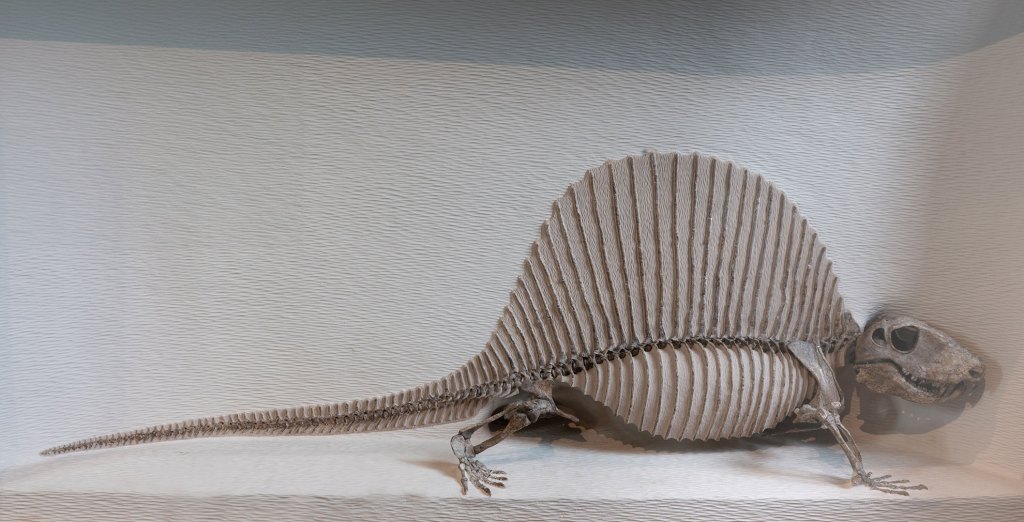
-
Grappling with how clearings may support rainforest animal life
New research offers detailed overview of layout, makeup of canopy gaps in Congo
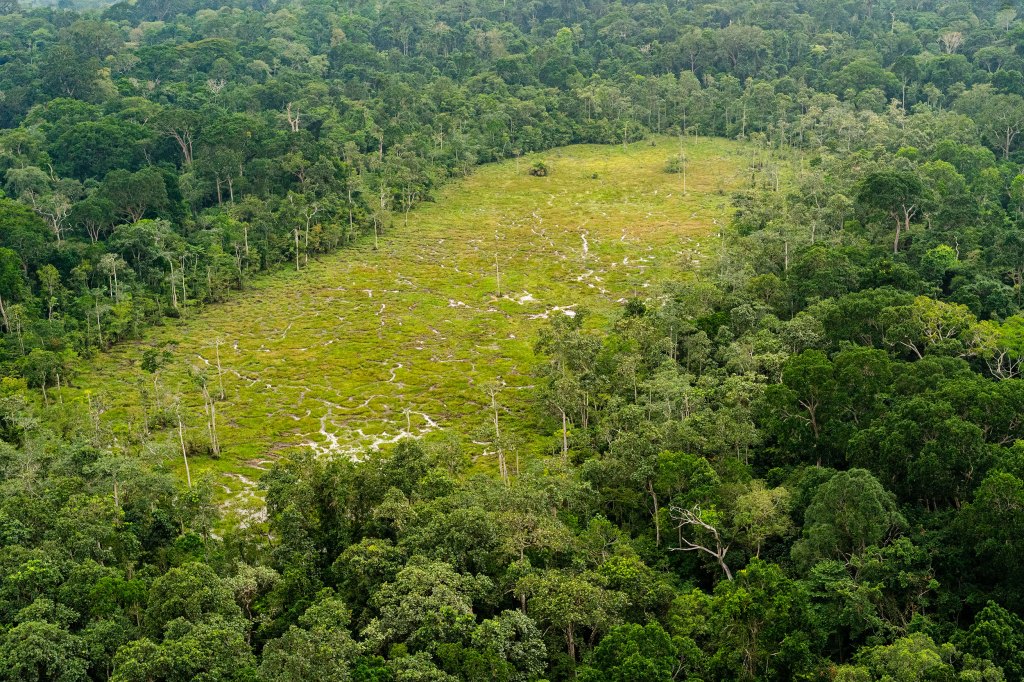
-
Amid Hurricane Milton’s devastation, a sliver of good news
Cellphone data suggest evacuation mandates, warning systems worked
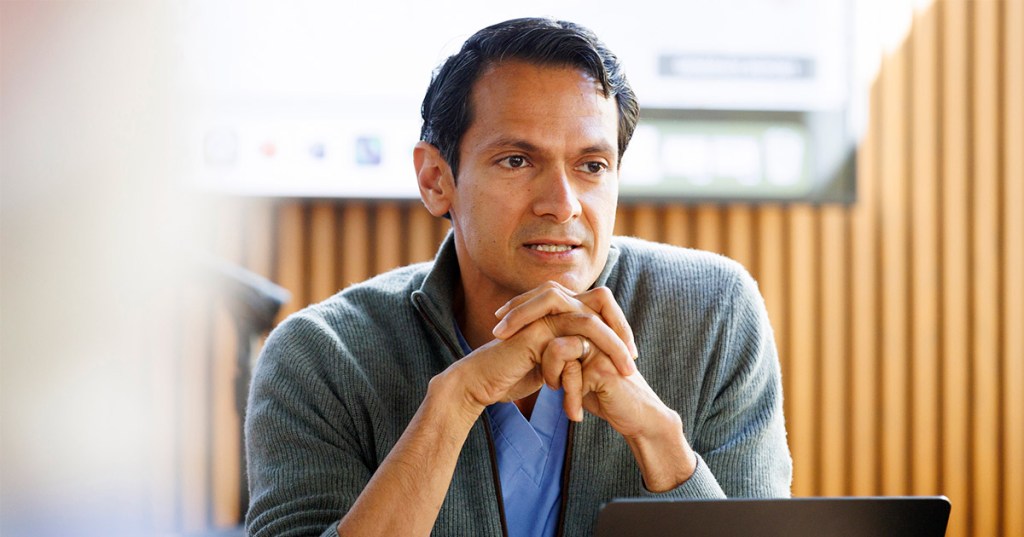
-
Mars may have been habitable much more recently than thought
Study bolsters theory that protective magnetic field supporting life-enabling atmosphere remained in place longer than estimates
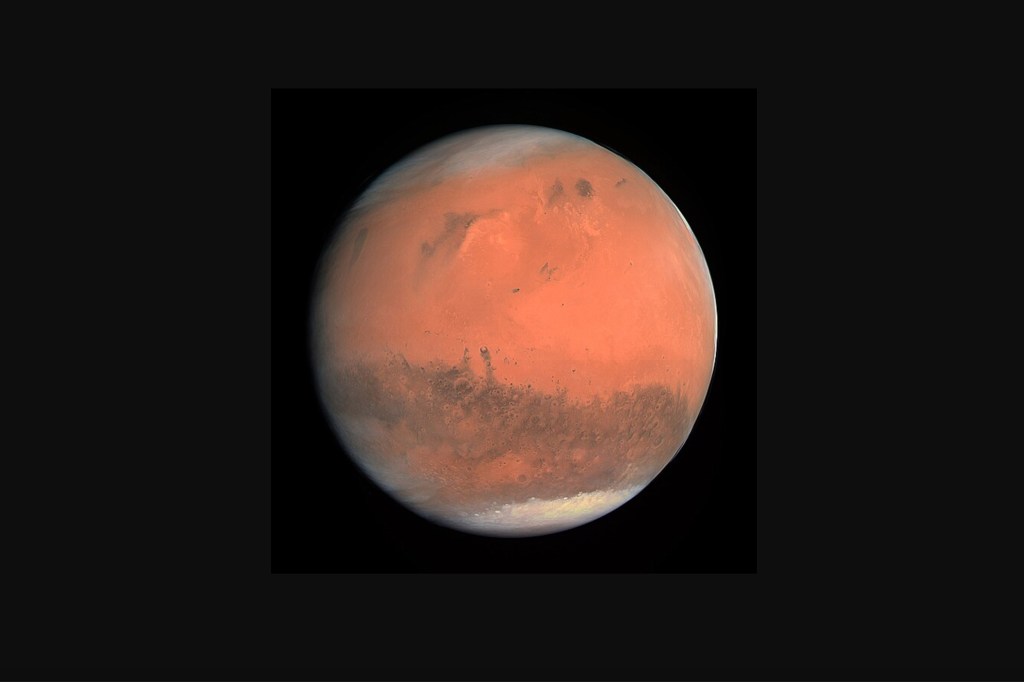
-
What happened when a meteorite the size of four Mount Everests hit Earth?
Giant impact had silver lining for life, according to new study
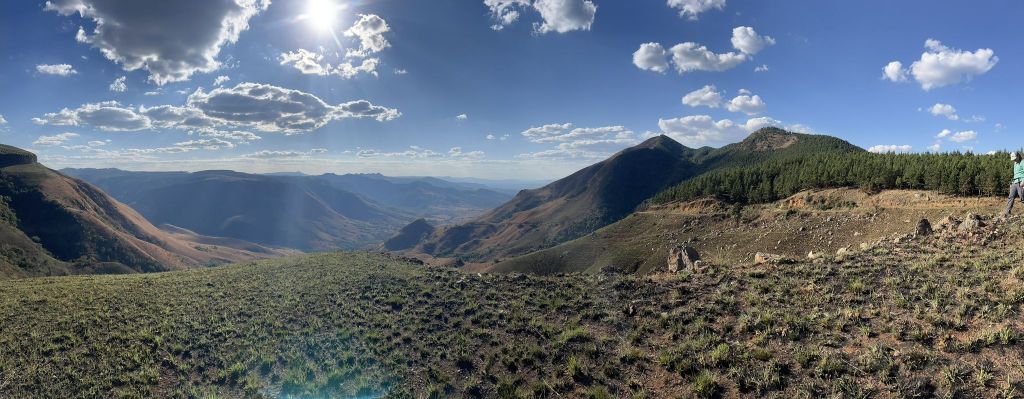
-
When we say ‘smart,’ what do we mean?
Computer scientist says we should shift focus to ‘educability’
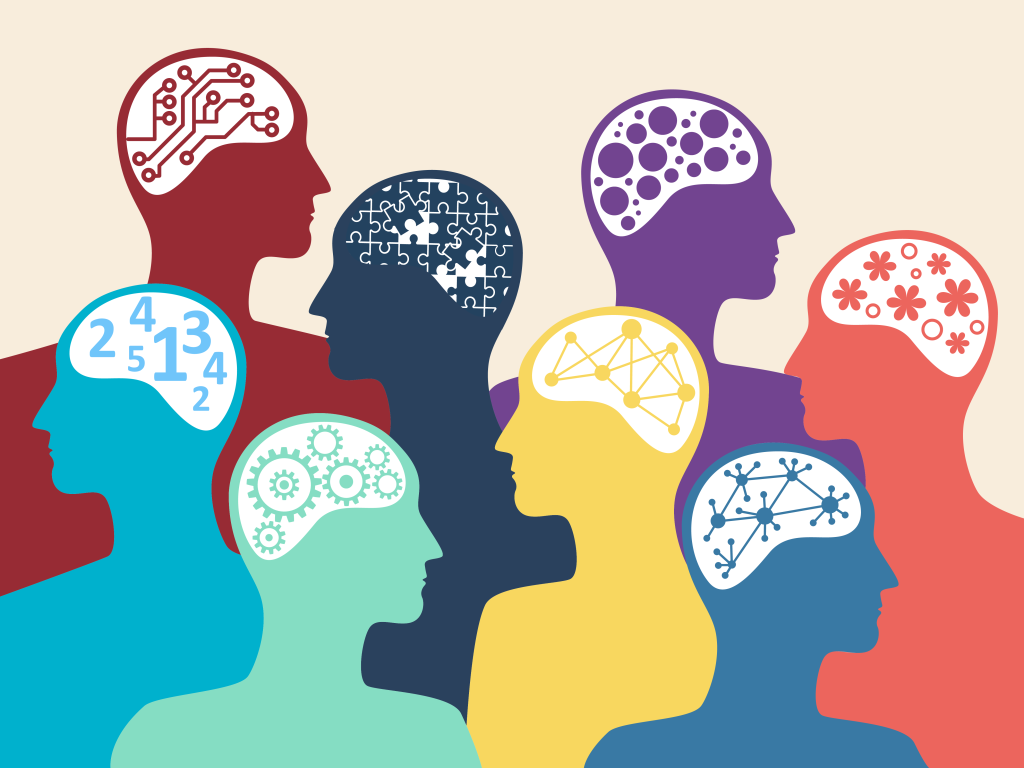
-
Big discovery about microscopic ‘water bears’
Bit of happenstance, second look at ancient fossils leads to new insights into evolution of tardigrade, one of most indestructible life forms on planet

-
The making of the gut
Studies connect genetics, physics in embryonic development
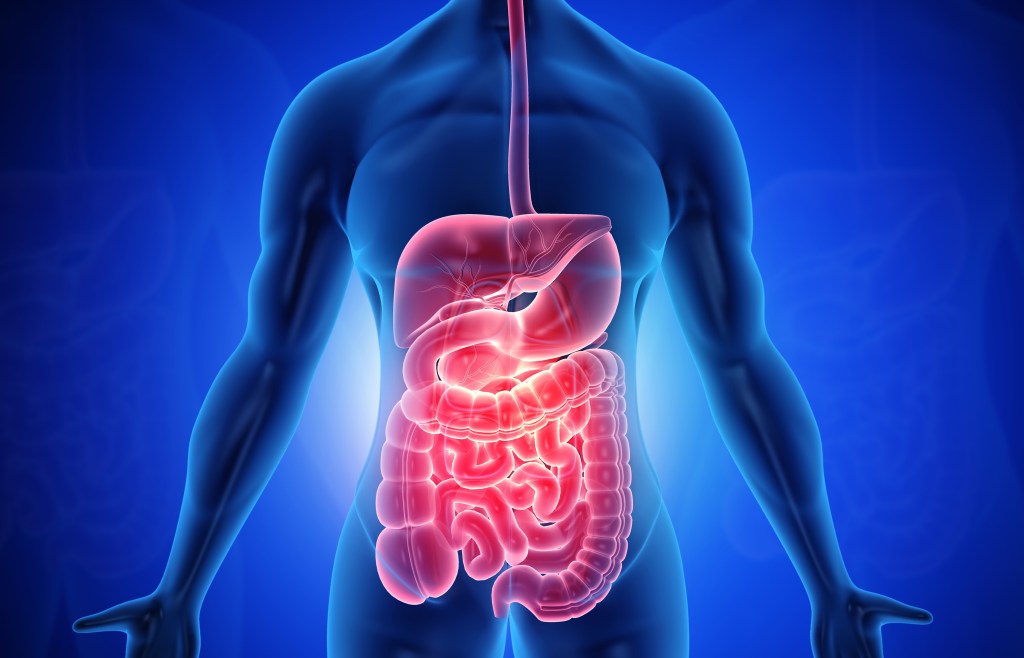
-
How whales and dolphins adapted for life on the water
Backbones of ocean-dwelling mammals evolved differently than those of species living closer to shore, study finds
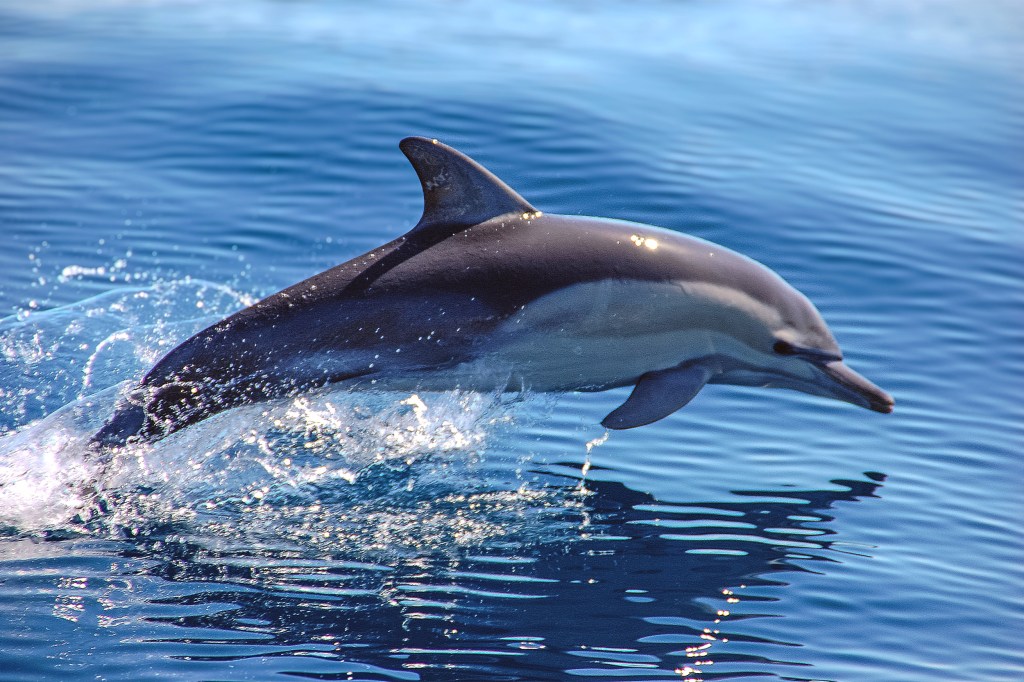
-
Journey to a key front in climate-change fight
Amazon immersion fosters partnerships, offers students, researchers hard look at threats to economic security, environment of rainforest as Earth warms
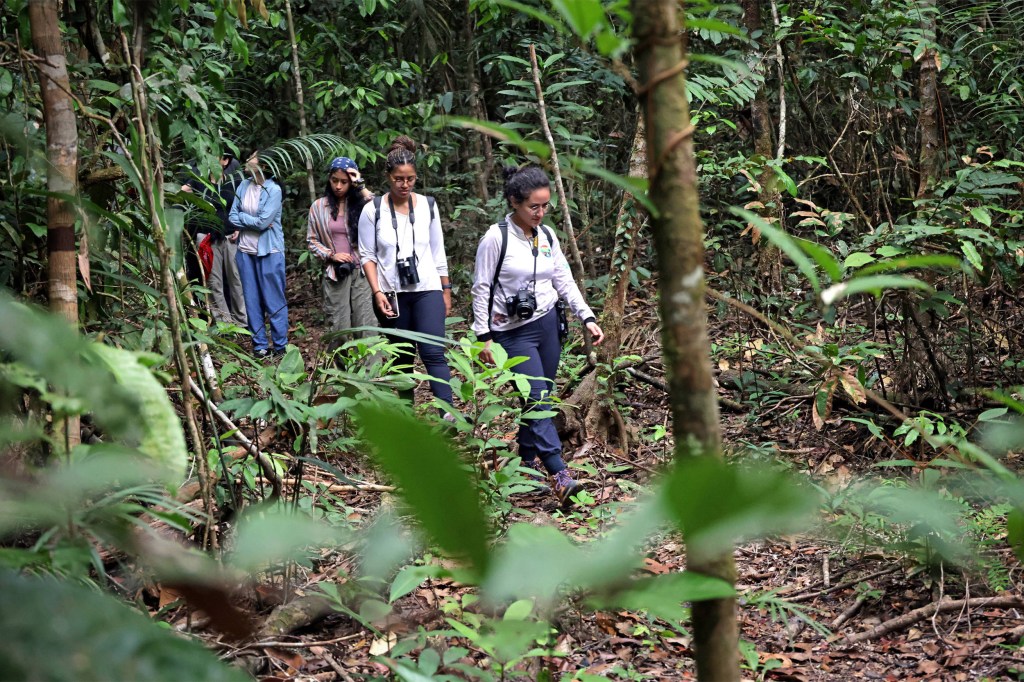
-
A birder’s biggest enemy in rainforest: complacency
Senior integrative biology concentrator spots 121 species during research, teaching intensive in Amazon
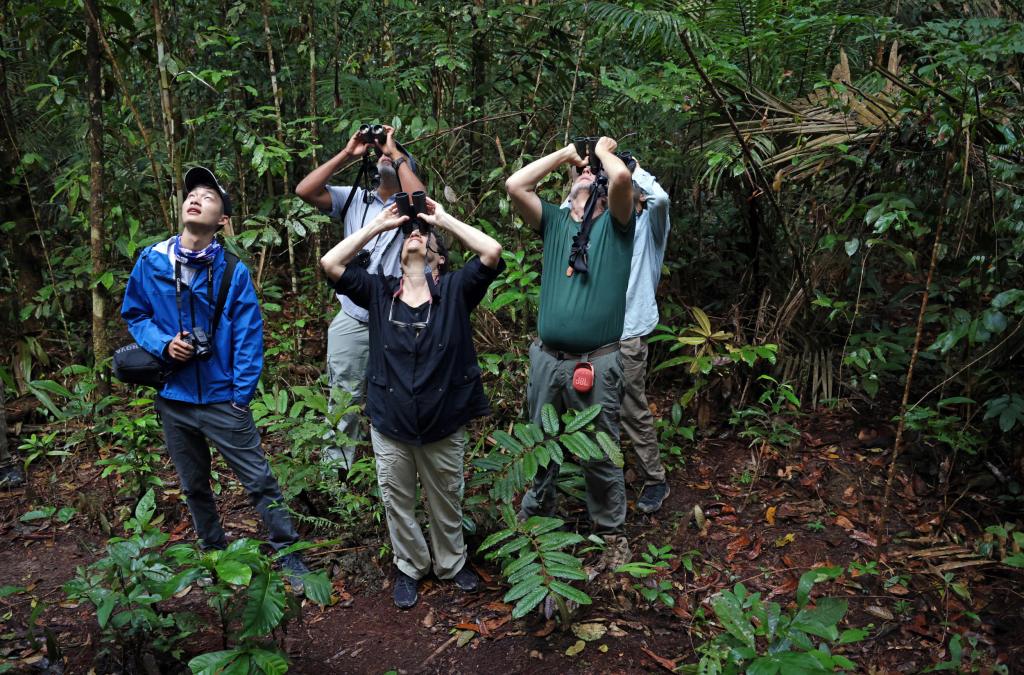
-
Redefining the good life
Climate activist urges people to counter a culture run on fear and fossil fuel
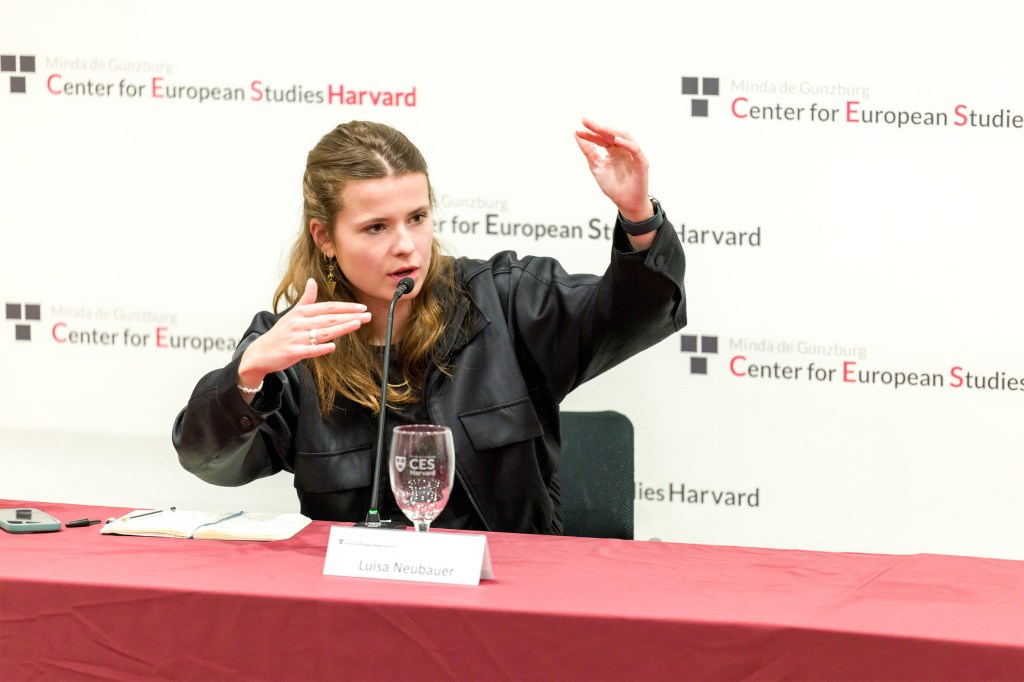
-
Blue, green, gold: Why eyes of wild cats vary in color
Study traces iris diversity to gray-eyed ancestor
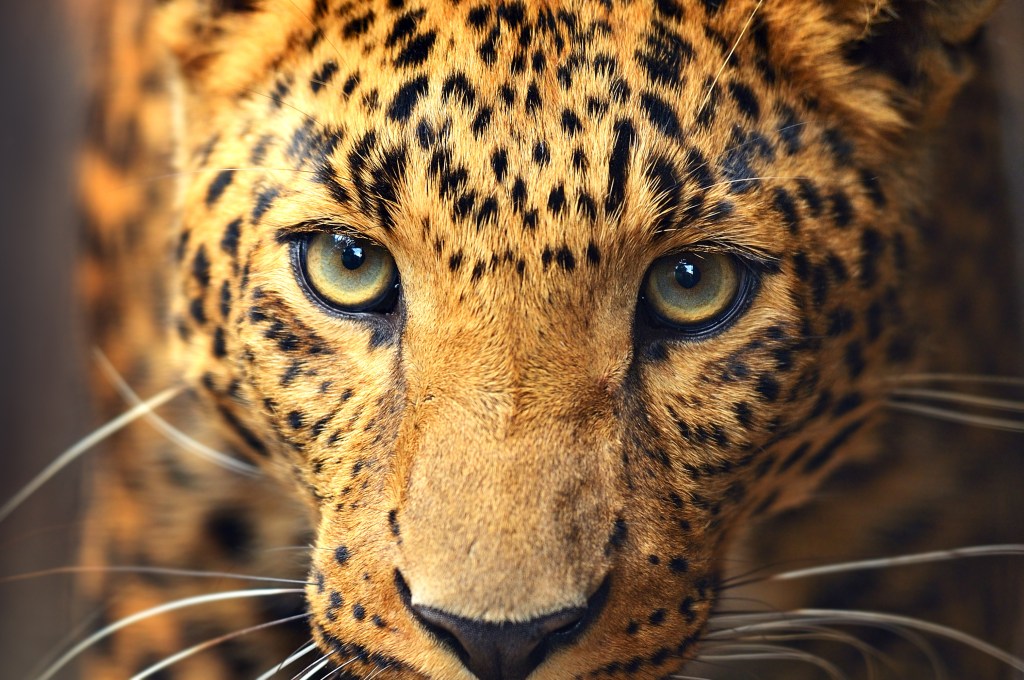
-
An idea with legs
Research suggests the scuttling sea robin may serve as evolutionary model for trait development, including in humans
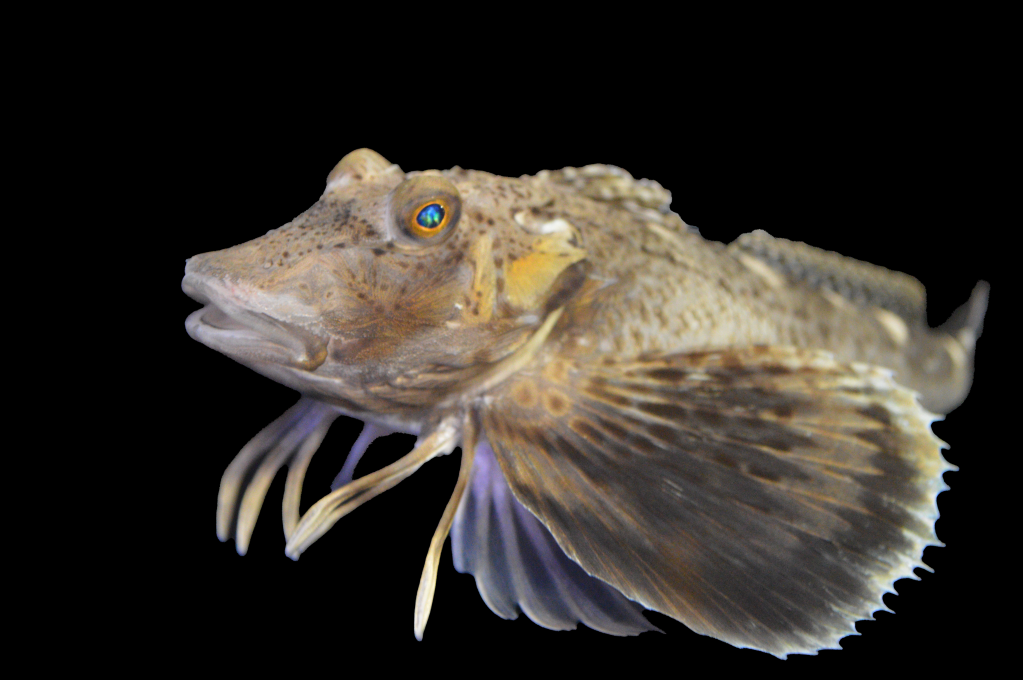
-
How well do you know your dog?
Take our quiz based on new Netflix documentary featuring Harvard researcher
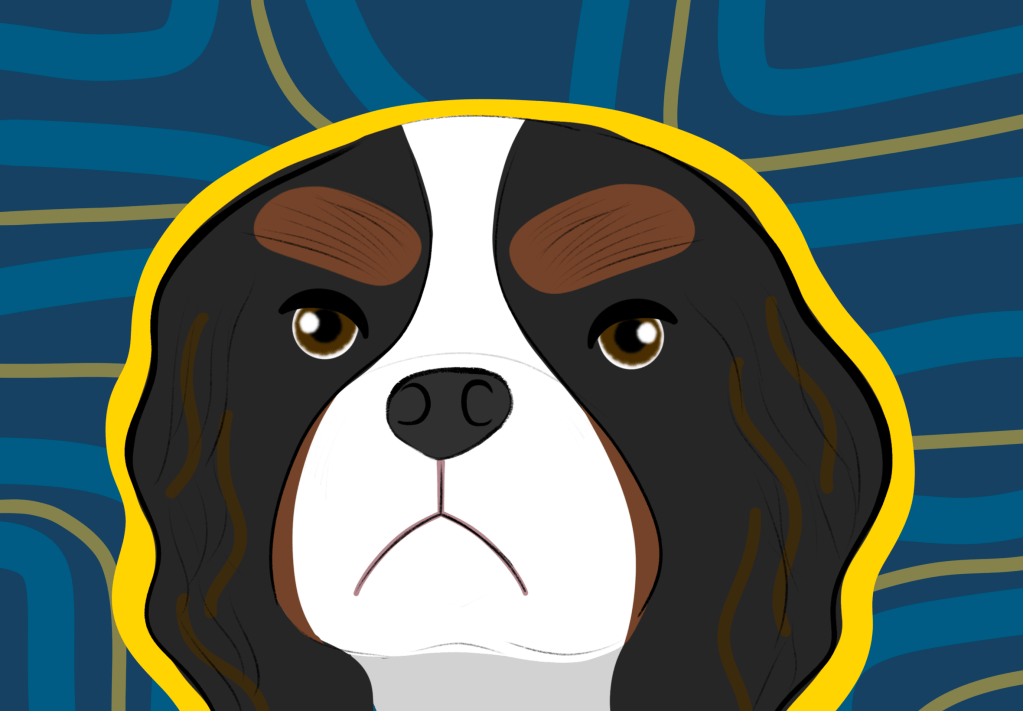
-
So why does Mr. Whiskers meow?
It may not be for the reasons you think, says evolutionary biologist, whose new book explores how our feline friends came to be
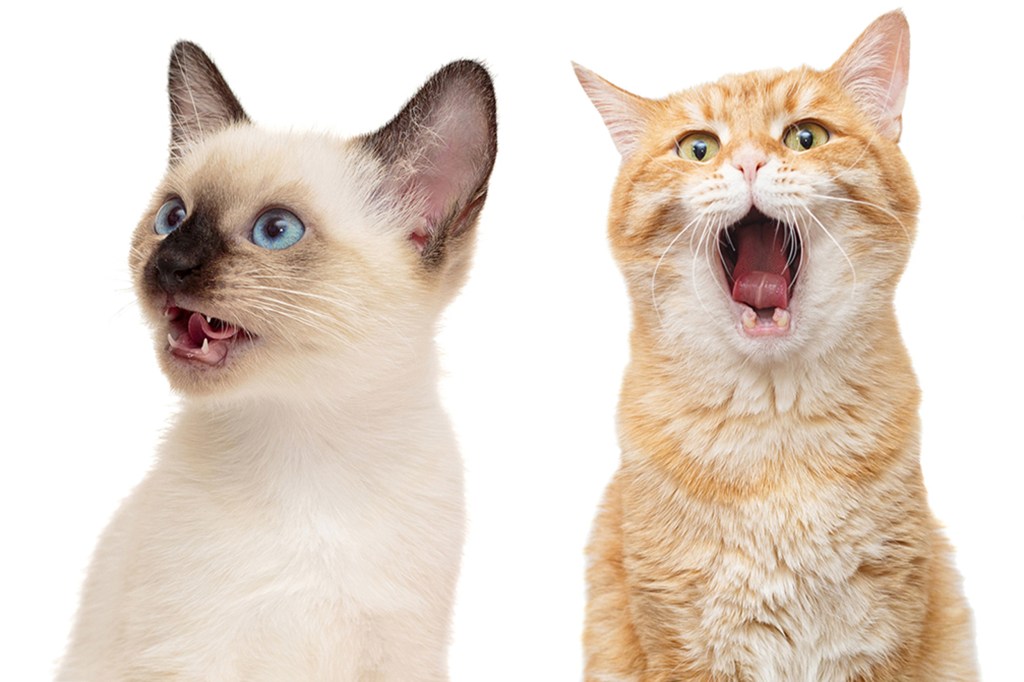
-
Analysis finds flaw in U.S. plan to cut vehicle emissions — and possible solution
College researchers say battery issue will hamper needed rise in EV production, but hybrids can help fill gap

-
A smoother way to study ‘twistronics’
Difficulty controlling 2D materials has slowed discovery in hot field of physics

-
Professor tailored AI tutor to physics course. Engagement doubled.
Preliminary findings inspire other large Harvard classes to test approach this fall
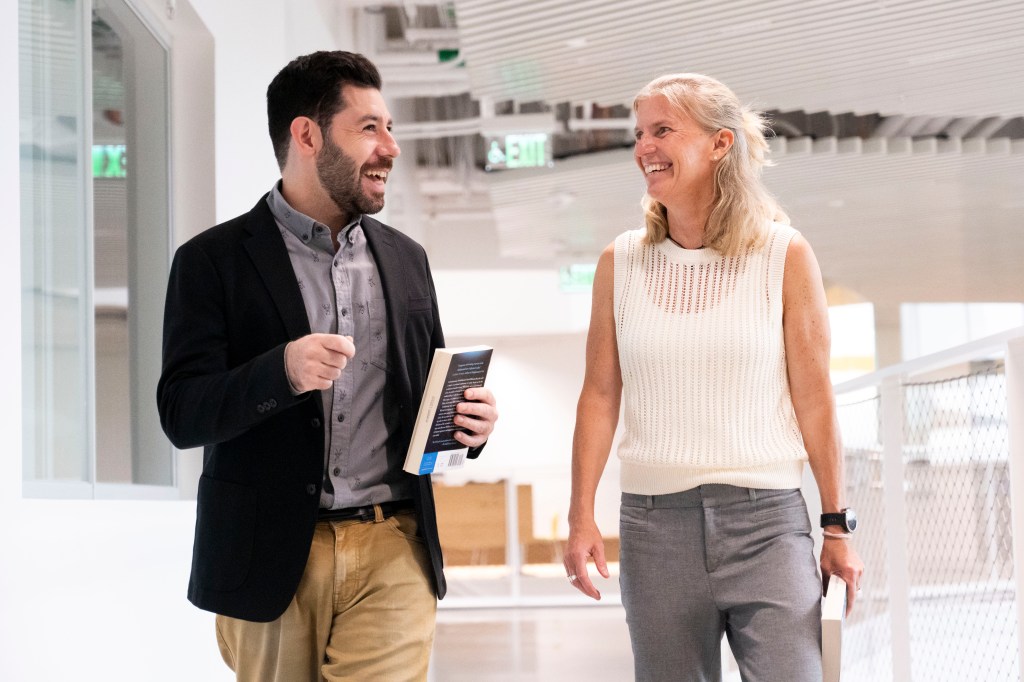
-
Did lawmakers know role of fossil fuels in climate change during Clean Air Act era?
New study suggests they did, offering insight into key issue in landmark 2022 Supreme Court ruling on EPA
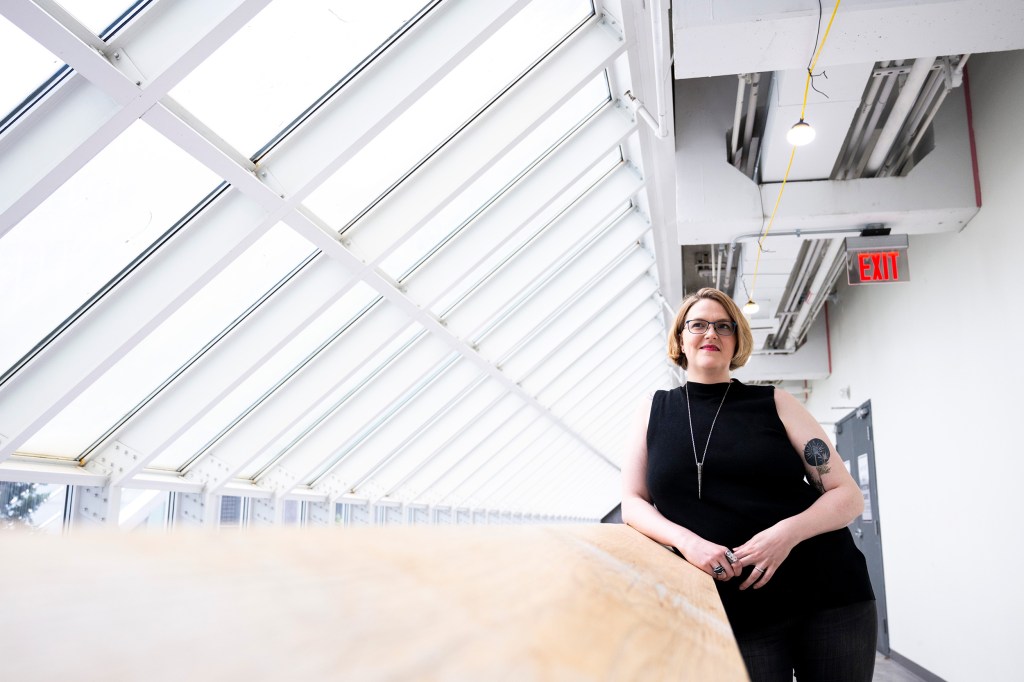
-
Spin squeezing for all
Physicists ease path to entanglement for quantum sensing
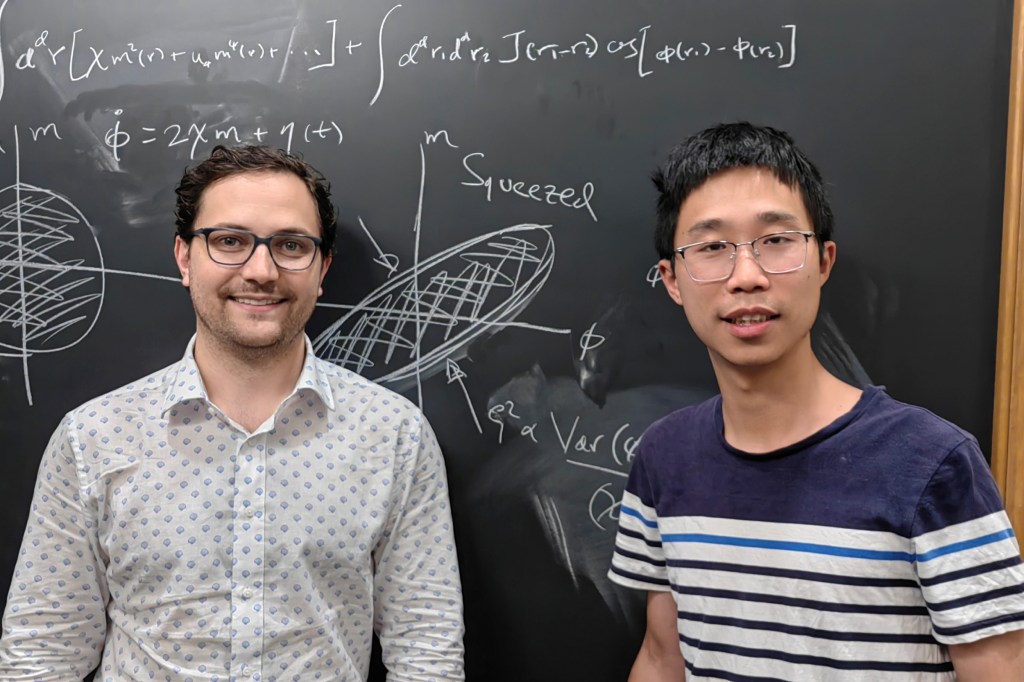
-
Should kids play Wordle?
Early childhood development expert has news for parents who think the popular online game will turn their children into super readers
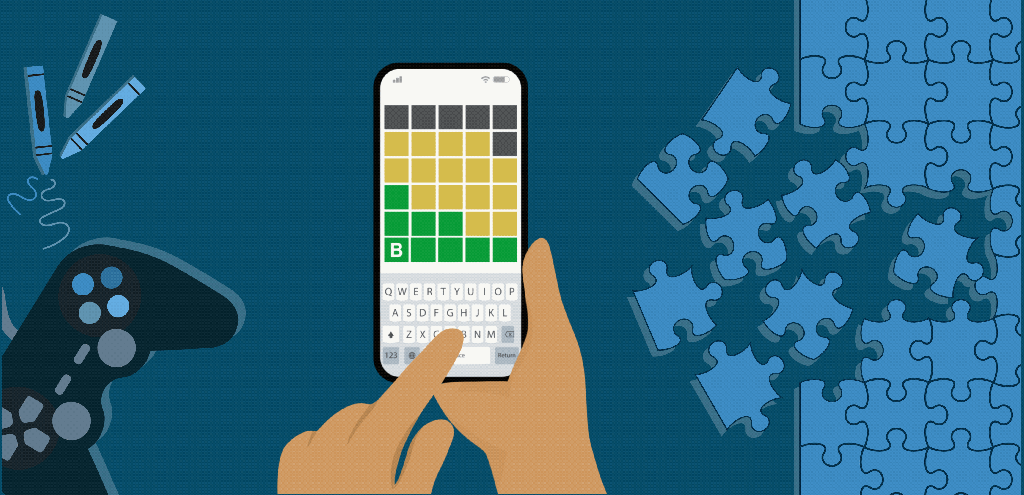
-
How moms may be affecting STEM gender gap
Research suggests encouragement toward humanities appears to be very influential for daughters
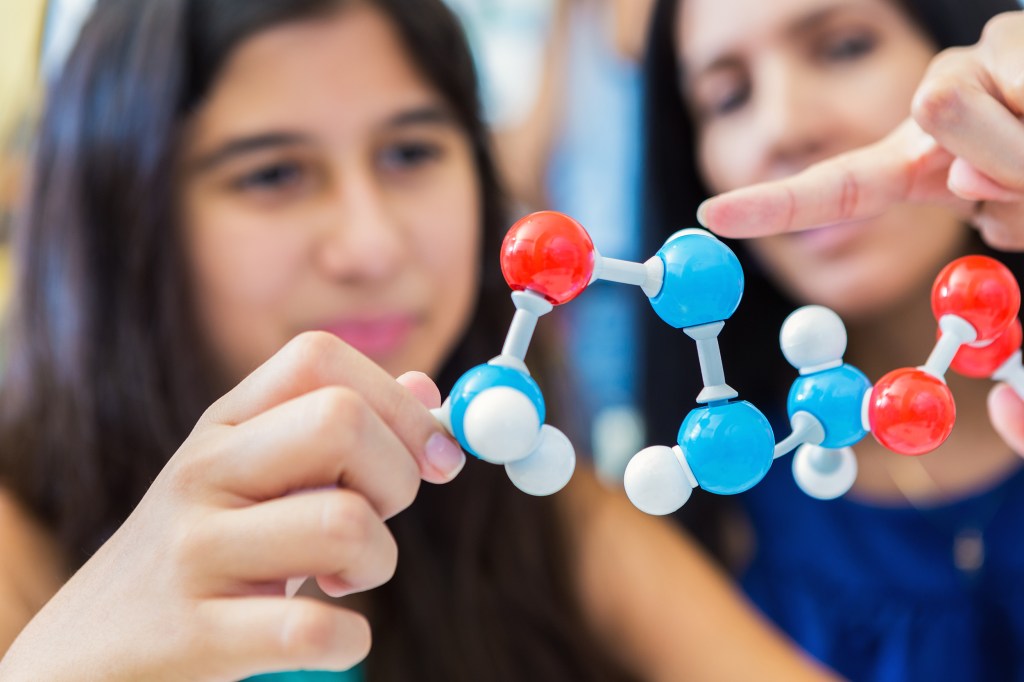
-
How did life begin on Earth? A lightning strike of an idea.
Researchers mimic early conditions on barren planet to test hypothesis of ancient electrochemistry

-
The answer to your search may depend on where you live
Researchers find ‘language bias’ in various site algorithms, raising concerns about fallout for social divisions among nations

-
Putting human past on the MAPS
Harvard digital atlas plots patterns from history ancient and modern
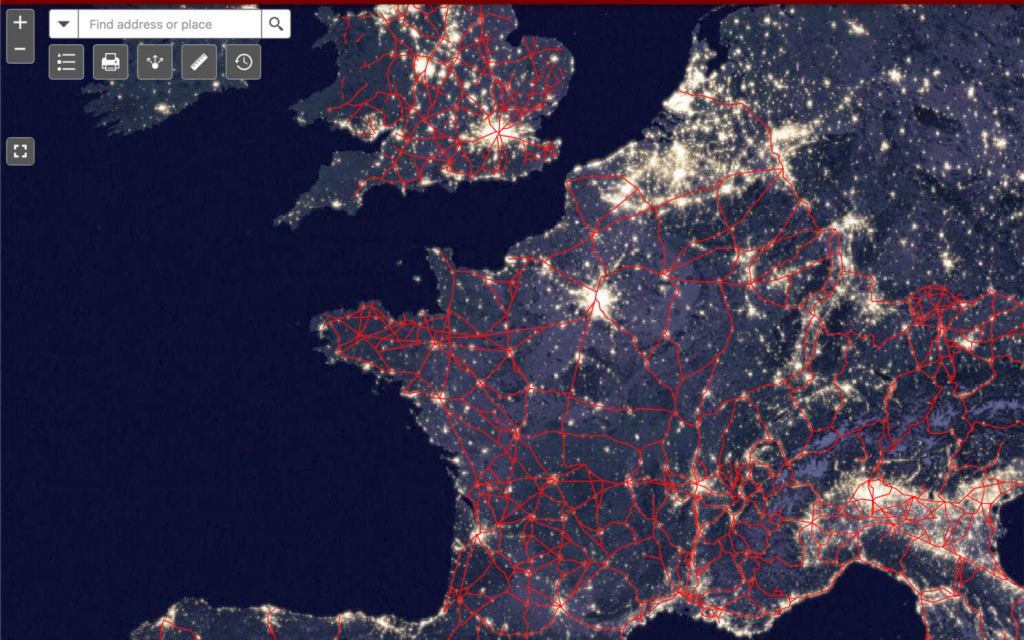
-
Does AI help humans make better decisions?
One judge’s track record — with and without algorithm — surprises researchers
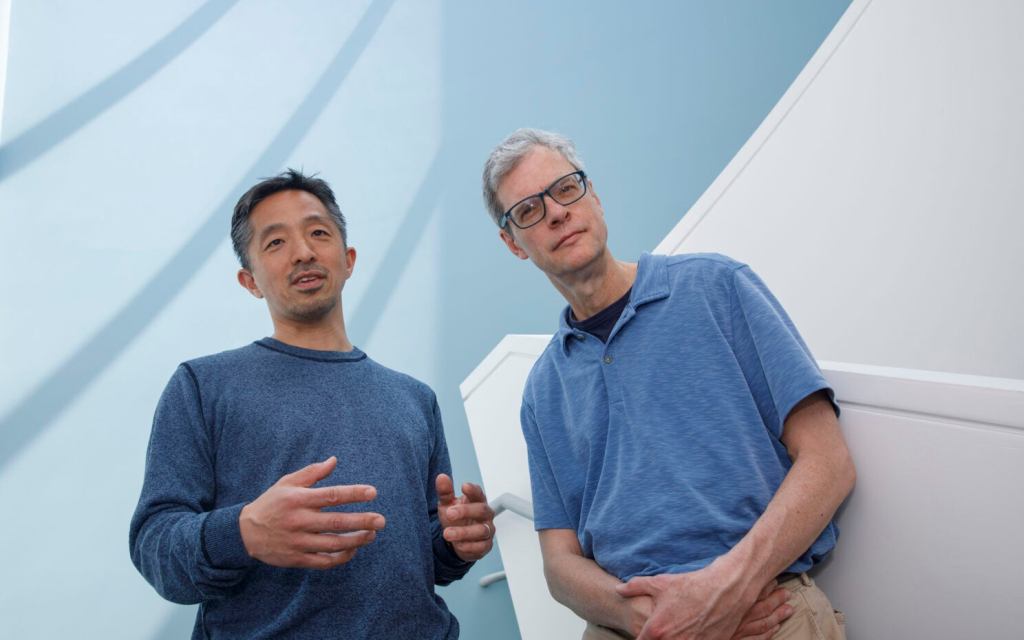
-
Tracking entwined histories of malaria, humans
New study of ancient genomes tracks disease over 5,500 years, factors in spread, including trade, warfare, colonialism, and slavery
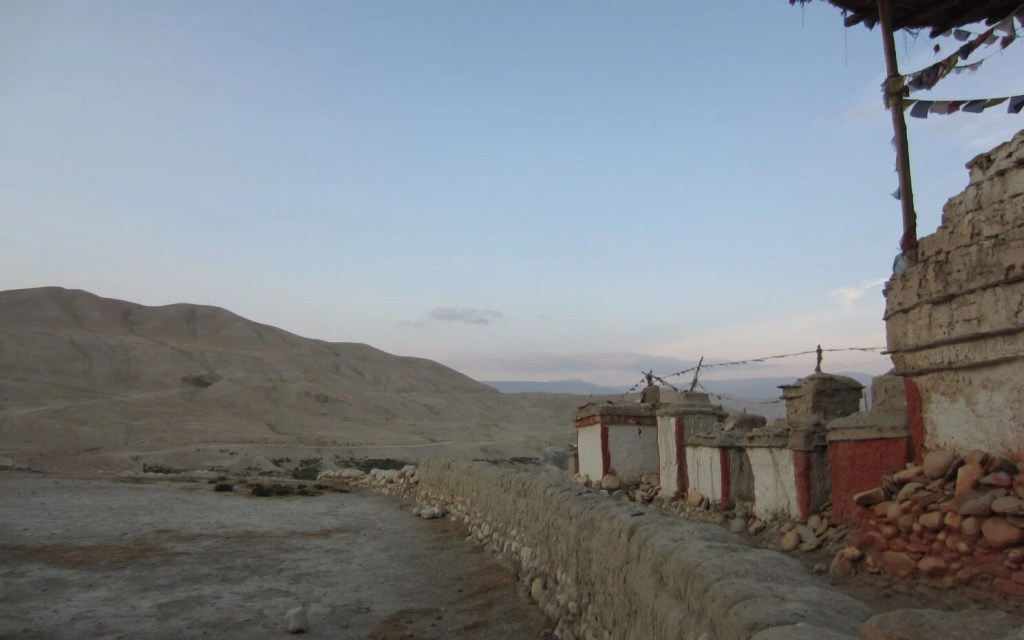
-
Want to make robots more agile? Take a lesson from a rat.
Scientists create realistic virtual rodent with digital neural network to study how brain controls complex, coordinated movement

-
More than a planetary fender-bender
New study finds Earth collided with dense interstellar cloud, possibly affecting life on planet
